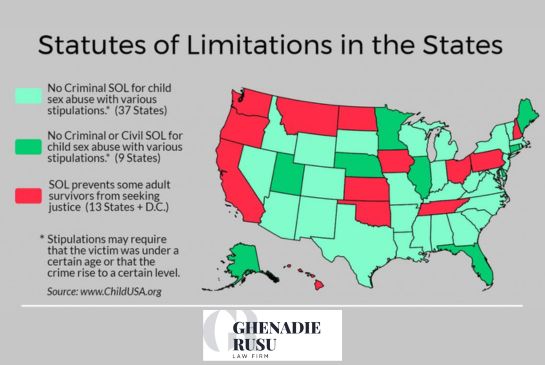Introduction to What is a Political Asylum?
Political asylum serves as a beacon of hope and safety for individuals fleeing persecution and seeking protection in a foreign land. In a world marked by conflict and turmoil, understanding the concept of political asylum becomes crucial. This article aims to shed light on the meaning, process, and significance of political asylum, highlighting the challenges and benefits it entails.
Historical Background of Political Asylum?
Political asylum has a rich historical lineage, rooted in the desire to provide refuge to those facing persecution. Throughout history, civilizations and nations have grappled with the moral responsibility to offer sanctuary. From the ancient Greek concept of “asylon” to the rise of formalized asylum laws, the journey of political asylum is filled with significant milestones.
The Process of Seeking Political Asylum
Eligibility for political asylum is determined by well-defined criteria, recognizing the need for protection from persecution based on factors such as race, religion, nationality, political opinion, or membership in a particular social group. The process typically involves a series of steps, including application submission, interviews, and the evaluation of supporting evidence. Navigating this process can be daunting, but for those in search of safety, it represents a glimmer of hope.
Benefits and Protections of Political Asylum
Political asylum provides essential rights and protections to individuals granted refugee status. Alongside the fundamental principle of non-refoulement, asylum seekers gain access to healthcare, education, and employment opportunities. Moreover, countries that offer political often emphasize social integration, providing community support to help newcomers rebuild their lives.
Challenges and Limitations of Political Asylum
While political asylum offers a lifeline for many, it is not without its challenges and limitations. Backlogs and delays in the asylum application process can leave individuals in a state of uncertainty for prolonged periods. Moreover, the transition to a new country presents various struggles, including language barriers, cultural adjustments, and limited access to rights and services.
Common Misconceptions about Political Asylum
Political asylums is often shrouded in misconceptions and myths. By debunking these falsehoods, we can foster a more informed understanding of the realities faced by asylum seekers. Addressing misconceptions such as the notion that asylum seekers are opportunistic or fraudulent helps promote empathy and compassion.
Case Studies: Successful PoliticalAsylum Stories
To truly appreciate the impact of asylum, it is essential to highlight stories of individuals whose lives were transformed through its provision. These inspiring case studies demonstrate the power of compassion and the opportunities that arise when individuals are granted a chance to rebuild their lives in a safe environment.
The Role of Governments and Organizations in Supporting Political Asylum
Governments play a pivotal role in the processing of asylum claims, ensuring a fair and just evaluation of each case. Additionally, non-governmental organizations (NGOs) and advocacy groups work tirelessly to provide support and resources to asylum seekers. Their collective efforts contribute to the protection and integration of refugees within their host countries.
Current Issues and Debates in Political Asylum
The landscape of political asylums is constantly evolving, influenced by geopolitical shifts and changing policies. Debates surrounding immigration, national security, and the allocation of resources often intersect with discussions about political asylums. Understanding the current issues and debates is crucial to shaping a compassionate and effective asylum system.
Conclusion
Political asylums serves as a lifeline for those fleeing persecution, offering hope, safety, and the opportunity for a fresh start. By providing a comprehensive overview of its definition, process, benefits, challenges, and misconceptions, this article aimed to foster a deeper understanding of asylum. As global citizens, we have a responsibility to support and protect the rights of asylum seekers, ensuring that compassion prevails over fear.
If you are considering applying for asylum or have received a denial and need to explore your options, contact the Law Office of Ghenadie Rusu today. Our attorneys are here to provide the guidance, support, and advocacy you need to navigate the asylum process with confidence.
FAQs (Frequently Asked Questions)
- Who is eligible for political asylums?
- Political asylums is granted to individuals who can demonstrate a well-founded fear of persecution based on factors such as race, religion, nationality, political opinion, or membership in a particular social group.
- Can political asylums be revoked?
- In certain circumstances, political asylums can be revoked if it is discovered that the individual misrepresented their circumstances or obtained asylum through fraudulent means.
- Do asylum seekers have the right to work?
- Yes, asylum seekers who are granted refugee status are typically given the right to work and contribute to the economy of their host country.
- How long does the political asylums process take?
- The length of the political asylums process varies depending on the country and the complexity of the case. It can range from several months to several years.
- What is the difference between political asylums and refugee status?
- While the terms “political asylums” and “refugee status” are often used interchangeably, asylum specifically refers to seeking protection within the country where the individual arrived, while refugee status typically involves seeking protection in a different country.













